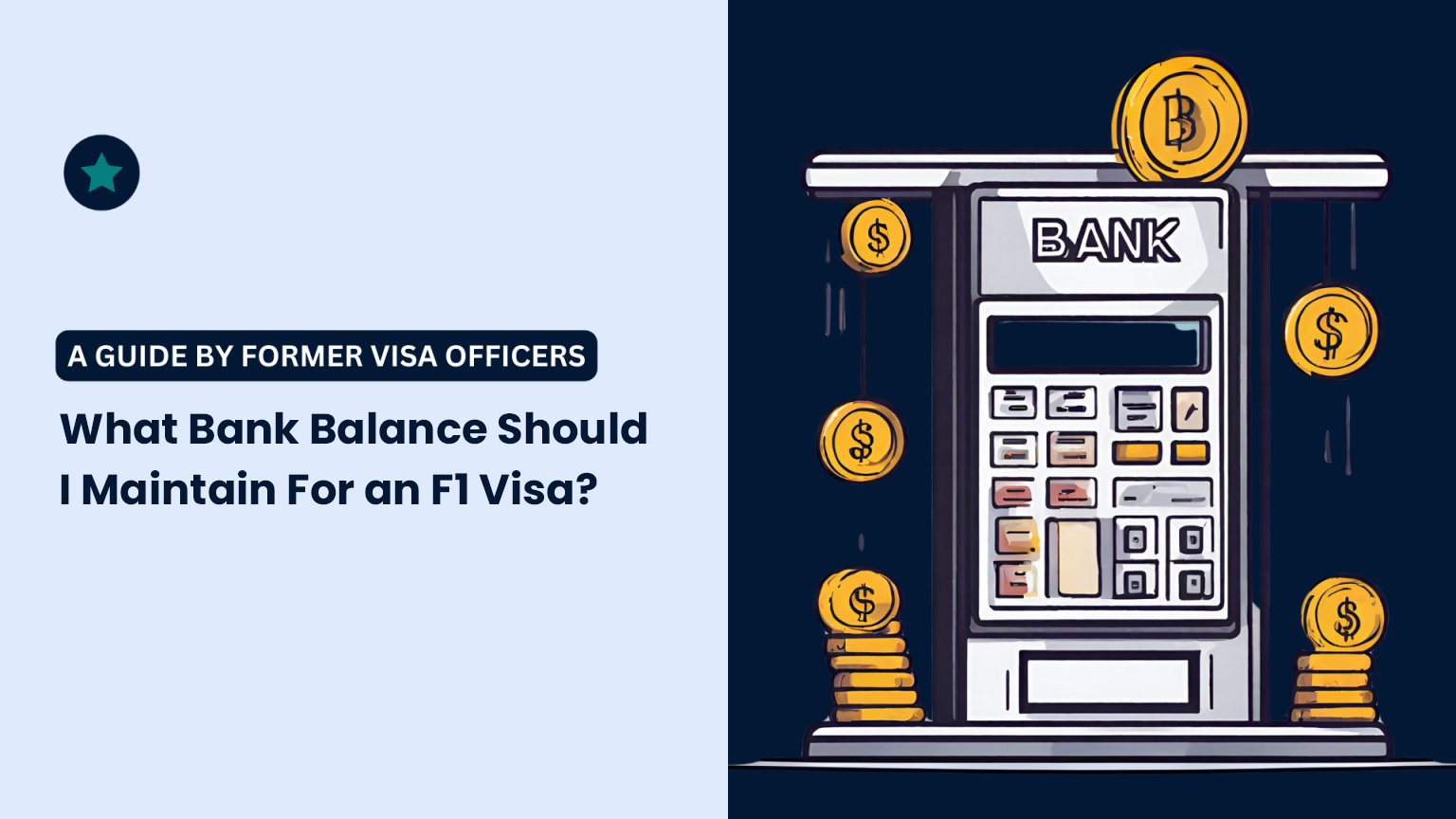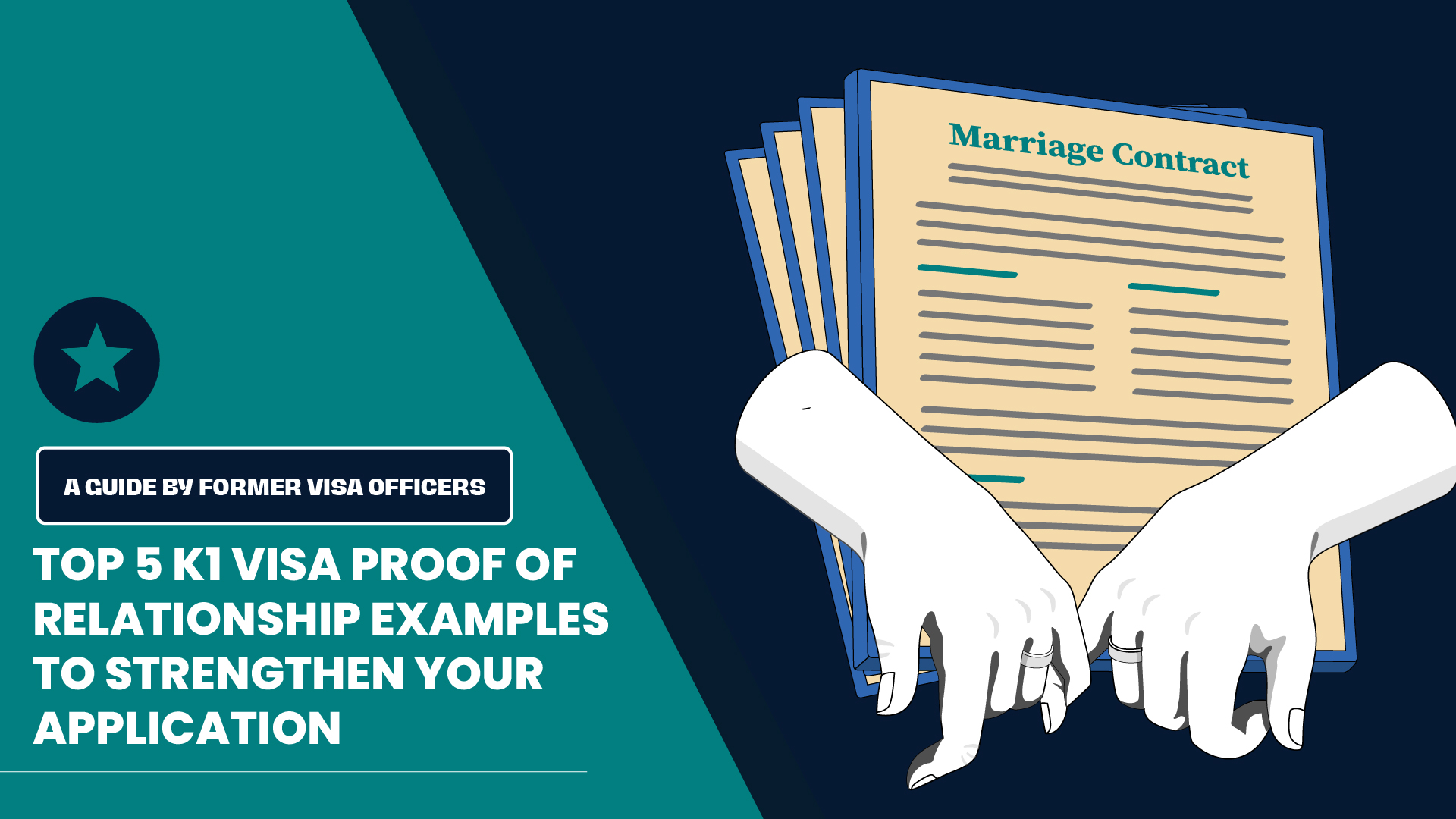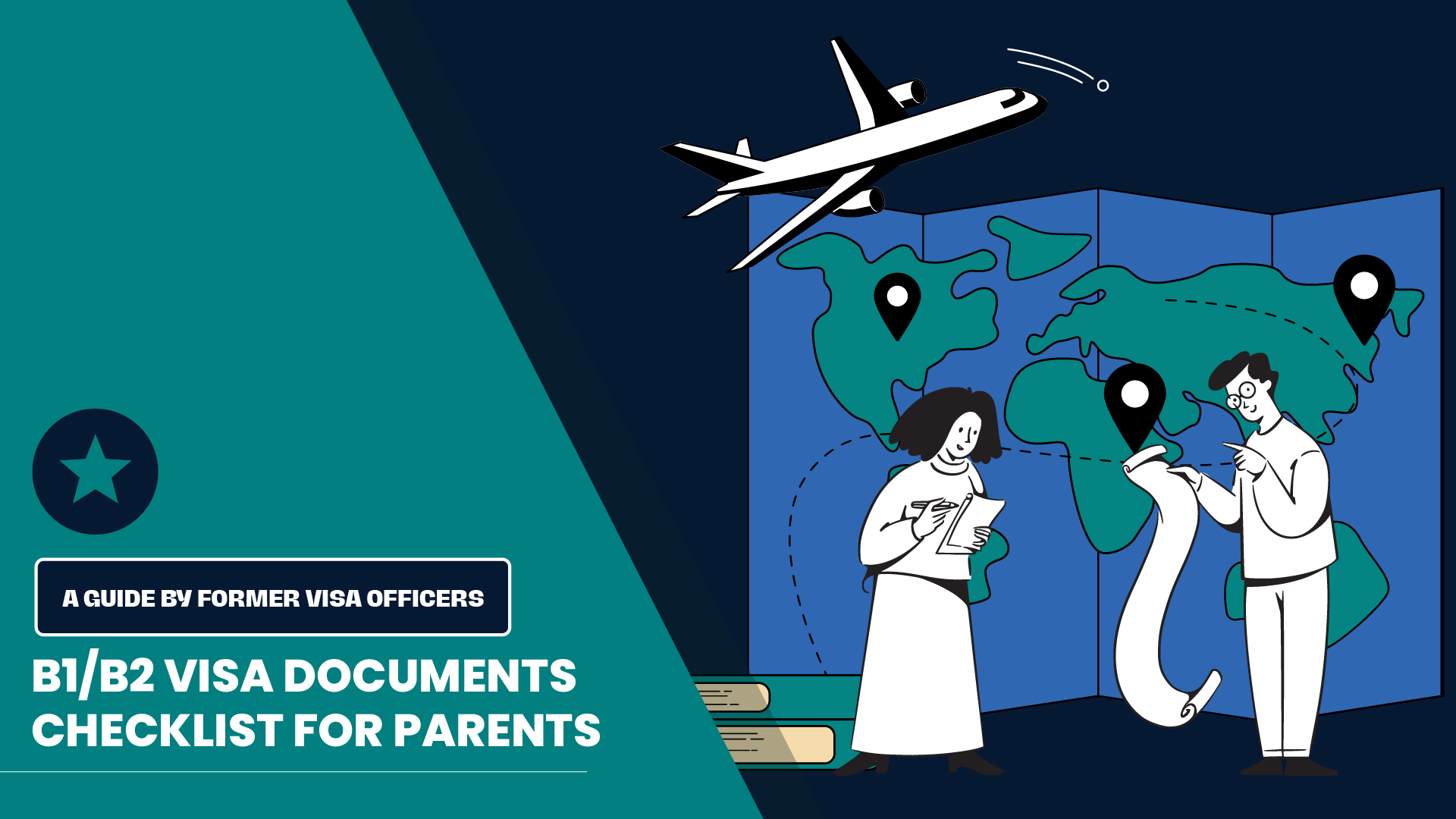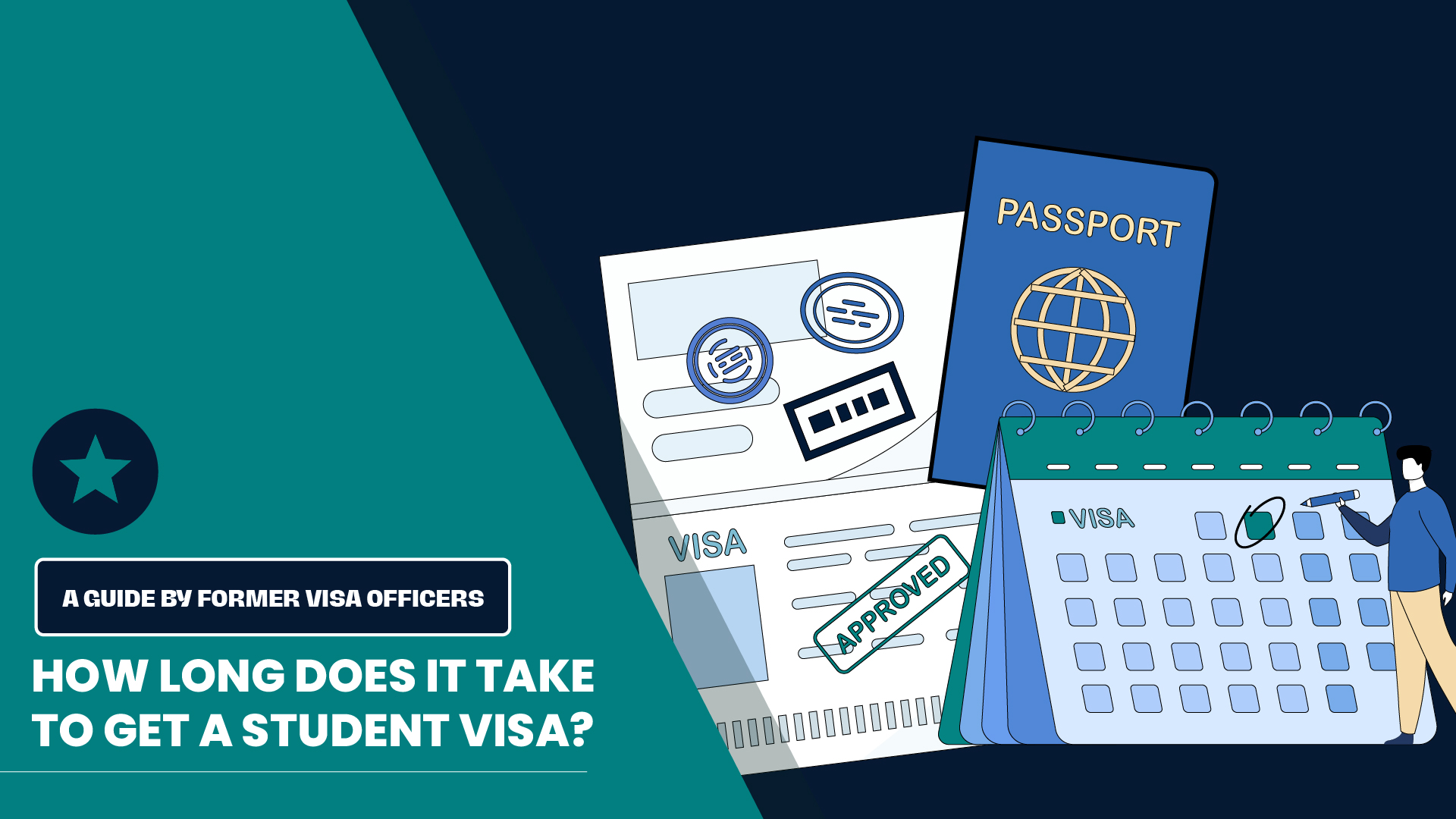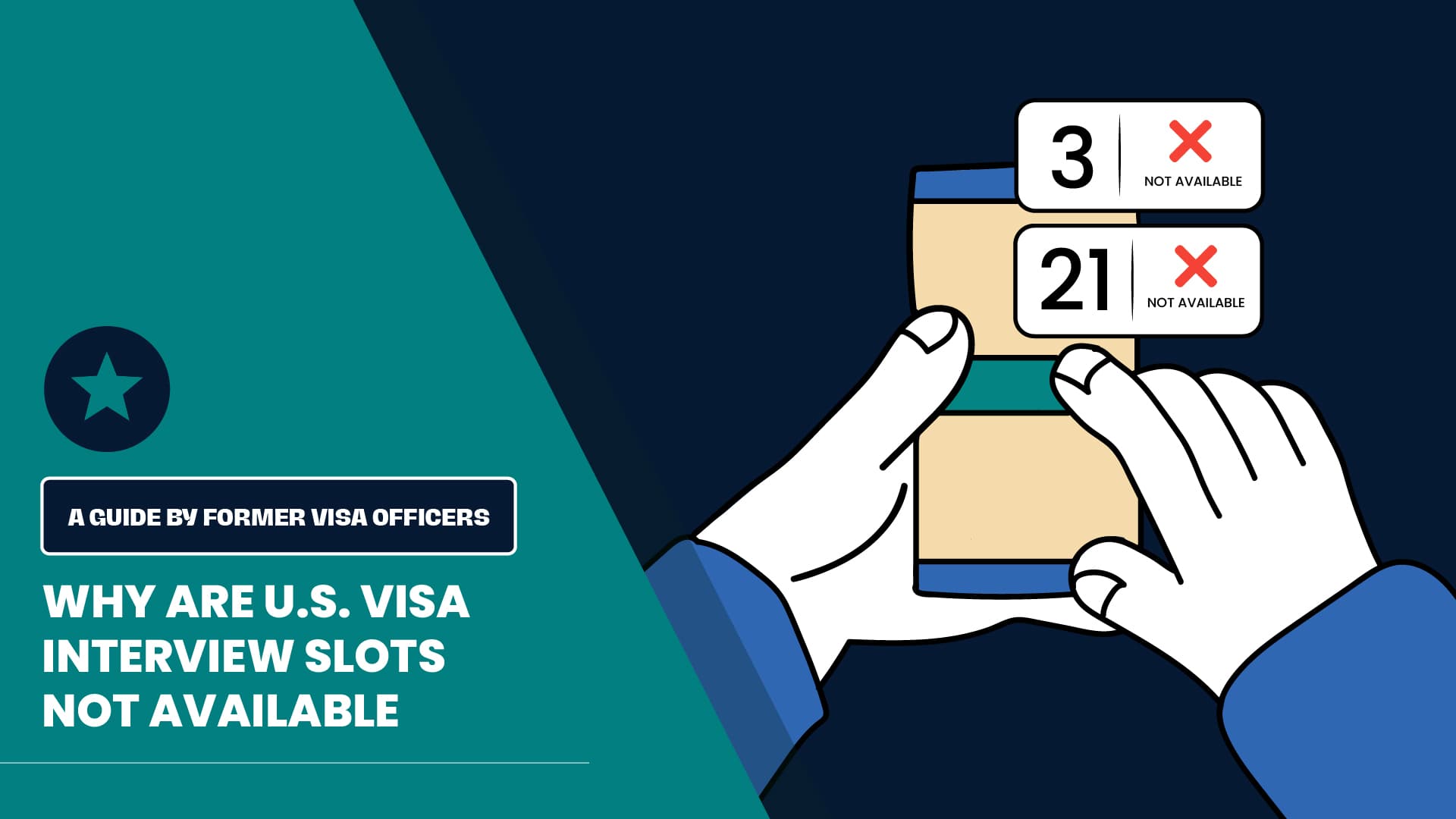Did you know that last academic year alone (2022-23), around 20.3 million students applied to top universities in the U.S. for undergraduate degrees? Don’t be overwhelmed by the statistics from Statista. About 1 out of 3 students face an F1 visa rejection. The good news is that a leading USA Visa Consultant has former U.S. officers ready to help you prepare for your visa interview. However, you must be aware of the bank balance you must maintain to prevent the dreaded F1 visa rejection.
Table of Contents
ToggleGet to Know the Financial Needs
Before you calculate the target bank balance for a Fi visa, you must understand the financial requirements stipulated by the U.S. government. It is mandatory per the United States Citizenship and Immigration Services (USCIS) that you prove your financial capacity to cover costs towards tuition, living expenses, and other incidentals. For this, you must realistically calculate the expenses while pursuing higher studies in the U.S.
a. Tuition and Living Expenses
A chunk of your expenses will typically cover your tuition fees. But the problem is that having money to pay for your courses is hardly enough. You need to set aside some amount to cover the cost of living, and the bigger the city, the higher the expenses. You will need to cover rent, groceries, utilities, insurance, and transportation, all of which comprise your living expenses.
b. The Location Matters Most
Different cities in the U.S. have varying costs of living. Residing in bigger cities like New York or San Francisco can put a hole in your budget compared to small towns known for their colleges. Make sure that your bank balance target has the geographical location of the college you choose as a critical factor.
c. Insurance and Incidentals
Health insurance in the U.S. can be quite expensive, and it is mandatory for students holding F1 visas. Besides this, you must make provisions for incidentals, including textbooks, supplies, and unforeseen expenses. Make sure you have a buffer to cover these costs and more to ensure that you are financially prepared to take on any surprises in store for you.
How to Calculate Your Target Bank Balance For an F1 Visa
Getting down to the numbers, you must first consider your annual tuition fees, followed by living expenses, incidentals, and health insurance. The simple math involves multiplying the sum of all by the duration (number of years) of your program, which gives you the total amount you’ll spend to complete your academic journey. Don’t forget to add a buffer to cover exchange rate and inflation fluctuations.
If you are working with a USA visa consultant (an education agent), they can answer your questions regarding finances. Note: Your University or education agent may review bank balance documents, but the visa officer may never request these documents. Instead, a consular officer will ask about your bank balance and request that you discuss your finances and sponsor’s income.
Quick Tips for Maintaining the Stipulated Bank Balance
1. Monitor your Expenses with Hawk Eyes
Keep close tabs on your spending patterns. It helps you stay within a tight budget while letting you identify the areas where you can scrounge and save.
2. Look out for On-Campus Jobs
Most F1 visa holders are eligible for on-campus employment, so why not look for a suitable job? Part-time work fetches a decent stipend, contributing significantly to your financial stability. You can discuss such opportunities with your USA visa consultant, education agent, or university to ensure compliance with visa regulations.
3. Seek Scholarships and Grants
It pays to spend some time researching and applying for scholarships and grants offered by your institution. You may also want to obtain non-governmental and government-funded US scholarships for international students. Every penny counts and can help reduce the burden on your bank balance.
Conclusion
In conclusion, it takes meticulous planning to determine the ideal bank balance to be eligible for an F1 visa. You must understand the specific financial requirements by considering the location, factoring in all possible expenses, etc., before you set a realistic target bank balance. The trick lies in regularly monitoring your expenditures, seeking on-campus employment opportunities, and applying for scholarships, which all help contribute to your financial stability during your academic journey. To focus on your studies, you must maintain a healthy bank balance to avoid financial stress. Our job at UDETI is to help you pass your visa interview. Contact a former consular officer (USA visa consultant) to ensure you present your best self at the visa window.
(This blog post was written by Yvette Bansal, a former consular officer, and Ramesh Vittal Rao, a Senior Content Writer.)
This blog does not endorse or advocate for any illegal activities. All content presented here is intended for educational purposes only. The viewpoints expressed do not constitute legal advice and are solely based on the writer’s opinions and experiences. Please use the information provided responsibly. Any advice given is of a general nature and should be applied to your specific circumstances with caution and consideration.

